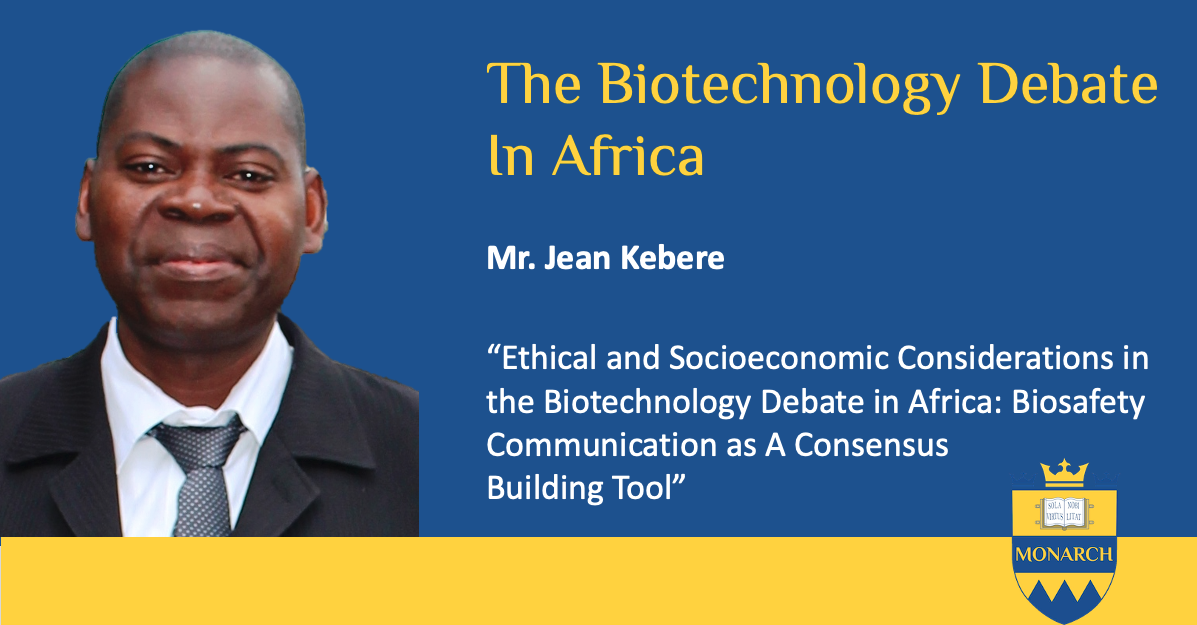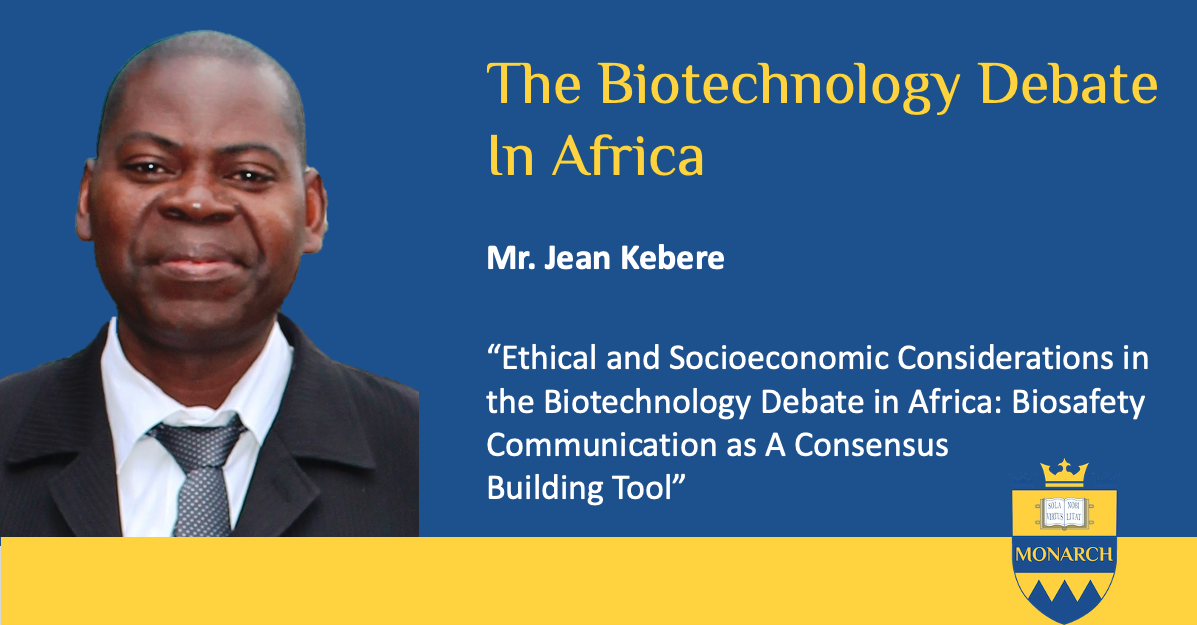Ethical and Socioeconomic Considerations in the Biotechnology Debate in Africa
Biosafety Communication as A Consensus Building Tool
Keywords:
Biotechnology Debate, Ethics, Socio-economy, Biosafety Communication, Consensus BuildingAbstract
A great deal of international financial and technical support has been provided to Africa to build the capacity of the continent to harness science, technology and innovation opportunities to address critical challenges like food insecurity and malnutrition. However, African countries still remain among the most heavily affected globally by food insecurity and malnutrition (Karikari, Quansah, Emmanuel, & Mohamed, 2015; Mbugua-Gitonga, Mwaura, & Thenya; Chambers, et al., 2014; Abah, Ishaq, & Wada, 2010; Makinde, Luke, & Ambali, 2009). Technologies like modern biotech are tools proposed by developed countries, especially the USA, and also emerging countries like China and Brazil, as a possible solution to climate change impacts and food production challenges (Suliman, Elhassan, Ali, & Kamal, 2015; Wambugu, 2014; Rock & Schurman, 2020; Midling, 2011; Scoones, Amanor, Favareto, & Qi, 2016; Cabral & Shankland, 2013; Abdallah, 2014; Schiek, Hareau, Baguma, & Medakker, 2016).
However, despite the great development opportunities offered by biotechnology in the agricultural sector, only a few African states have so far adopted this technology as a production tool. It is believed that this situation is due to the controversy over the safety of the technology, but more importantly, over non-safety aspects such as ethical and socio-economic considerations (SEC). (Juma & Serageldin, 2007; Brooks, 2013; Pixley, et al., 2019; Juma, 2016; Omobowale, Singer, & Daar, 2009).
The contemplated research aims to explore the importance of the ethical and SEC in the biotechnology debate in Africa and the role of the new construct of biosafety communication in addressing these non-safety aspects of the technology. The contemplated research investigates the role of the biosafety communication approach in relation with the often-ignored facets of ethical and SEC in biotechnology. The research will be explored through a triangulated research approach that will review the existing academic and scientific literature and content analysis of existing data, as well as interviews with key stakeholders in selected African countries.






